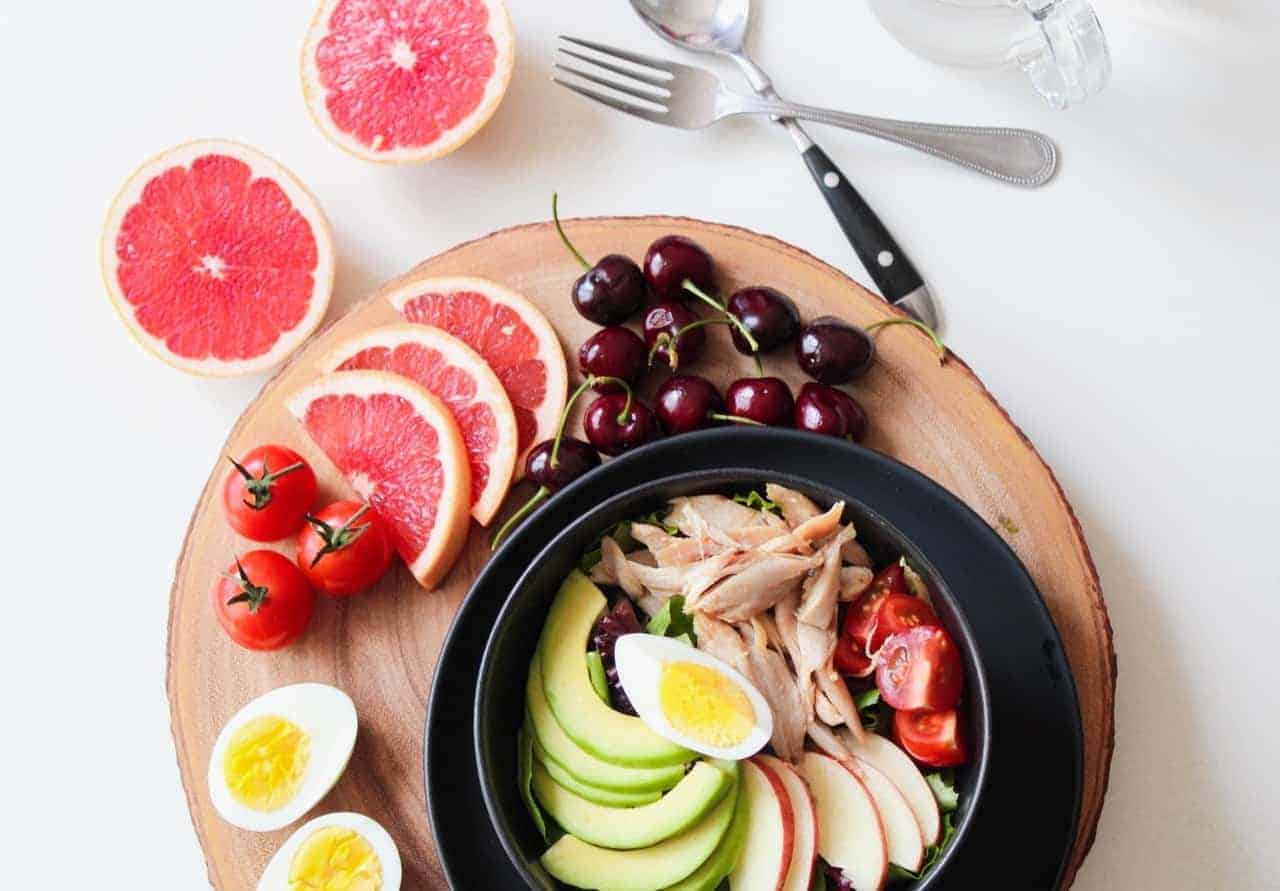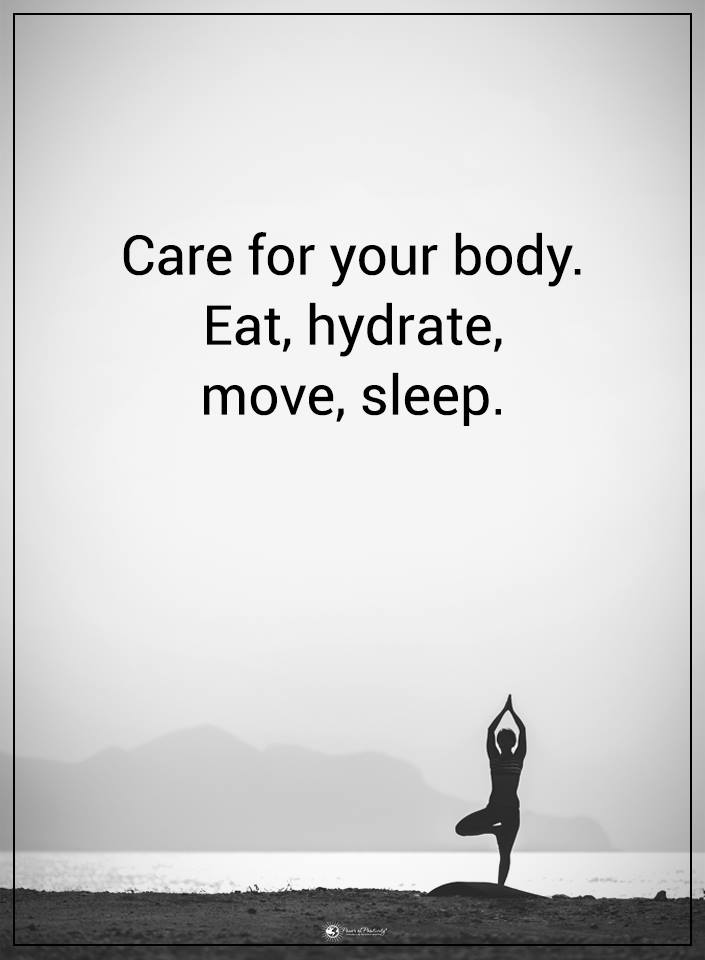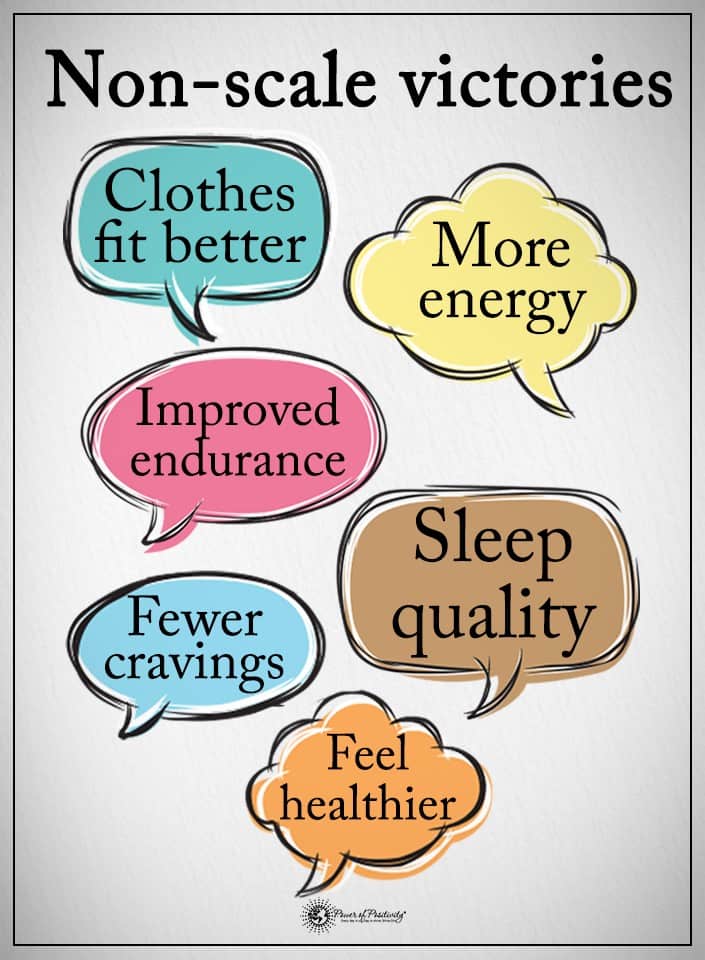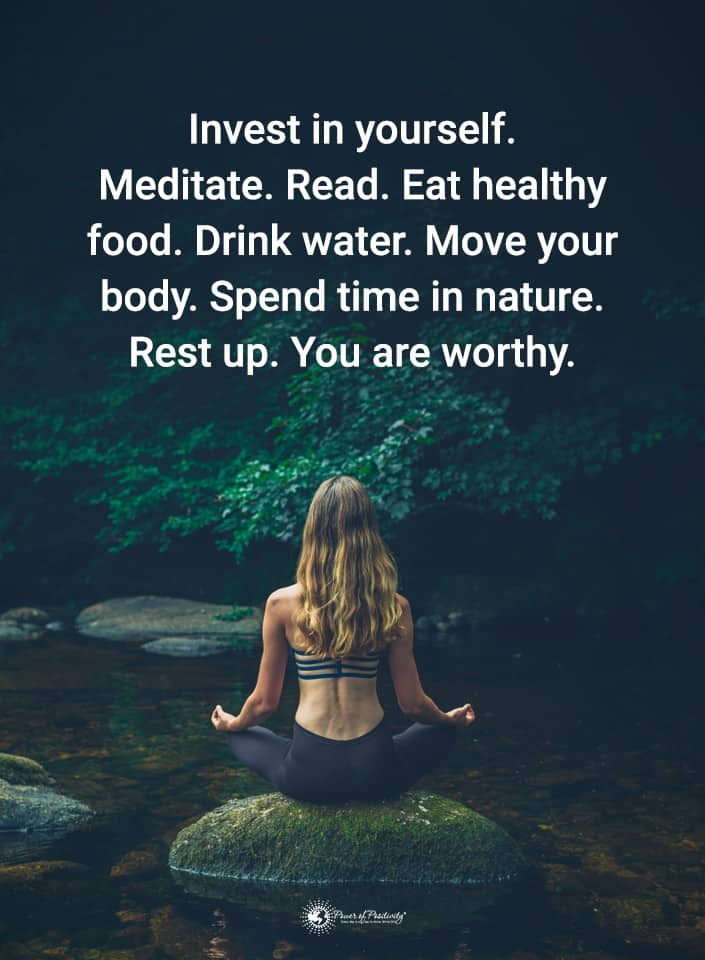Paleo, keto, Atkins – you’ve probably heard of these low carb diet plans and others. Diets that are low on carbohydrates and high on fat and protein have been popular for a while now as a way to lose weight and get healthier. Maybe you’ve even thought about following one of these diets yourself.
If you’re thinking about ditching the carbs, there are some things you ought to know first. Eating low carb can be great for you – but it’s not for everybody, and it’s essential to prepare before starting this diet plan. Here’s what you need to know about low carb dieting.
10 Things to Know Before Starting a Low Carb Diet Plan
1. A low carb diet isn’t a magic formula for weight loss.
Contrary to common belief, carbs are not responsible for weight gain – at least, not in and of themselves. It might be easy to gain weight if you eat a carb-heavy diet full of bread, pastries, and soda, but that’s because many high-carb foods are also calorie-dense and unsatisfying. Ultimately, losing weight comes down to how many calories you eat – not how many carbs you eat.
2. However, going low carb could help you drop pounds naturally.
Some people do manage to drop weight easily once they switch to a low carb way of eating. Why? Cutting out carbs means you’ll eat a lot more protein and fat, both of which are very satiating macronutrients. In other words, you’ll feel full more quickly and stay satisfied longer, so you won’t be tempted to overeat or graze on snacks.
3. You’ll probably feel bad for a little while after you cut out carbs.
If you drop carbs, be prepared for the “keto flu.” In a nutshell, when your body is used to using carbs as its energy source, it doesn’t know how to convert fat and protein into energy at first. As a result, many people feel tired and foggy-headed after cutting out carbs. Good news, though: keto flu typically lasts only a couple of weeks before you start to feel normal again.
4. People who exercise frequently may need more carbs in their diet.
Working out and eating low carb doesn’t always go hand-in-hand. Carbs are the best source of quick energy for the body, and if you’re staying away from them, you might feel weaker and less energetic during your workouts.
5. You might be surprised how many foods are high in carbs.
Carbs aren’t just in bread, pasta, and rice. They’re also in everything that contains sugar – and many foods have hidden sugar. Fruit also tends to be relatively high in carbohydrates, and vegetables contain carbs. Because of this, it’s not realistic or healthy to cut all carbs from your diet.
6. Cutting carbs will help to stabilize your blood sugar.
If you struggle with frequent cravings or hunger pangs between meals, reducing your carb intake could help. Carbs – especially refined- like bread and soda – cause your blood sugar to spike and then crash. Loading up on protein and fat will keep your blood sugar a lot more stable.
7. Not all carbs are created equal.
A carb is not just a carb, at least in terms of nutrition. For instance, a package of ramen noodles is pretty nutritionally void, while a bowl of oatmeal contains high levels of healthy fiber and protein. A low carb diet isn’t a zero-carb diet, so don’t be afraid of working your favorite healthy carbs into your meal plans.
8. You’ll probably lose a few pounds of water weight quickly in the beginning.
If you lose five pounds during your first week of low carb dieting, don’t panic. It’s most likely just water. Carbs tend to hold onto water as you’re digesting them, so once they’re out of your body, you’ll see a corresponding drop in your weight.
9. You can still reduce carbs if you’re vegetarian or vegan.
A low-carb diet doesn’t have to be heavy on meat. Eggs, dairy, and cheese can stand in for meat if you’re vegetarian. You can fill your plate with vegetables, nuts, seeds, soy, and heart-healthy oils if you’re vegan.
10. Low carb dieting isn’t for everyone.
Some people adapt better to a low carb diet plan than others. After you get past the first couple of weeks, low carb dieting should make you feel good, not cranky or sluggish. If you cut carbs and find that you can’t stop obsessing about how good a bowl of pasta salad sounds, it could signify that your body functions best when you eat more carbs.
Final Thoughts on Low Carb Dieting
Low carb dieting is popular for a reason. It can be a great solution if you want to stop eating junk food, improve your energy levels, or shed a few unwanted pounds. Of course, it’s always a good idea to check in with your doctor before you start a new diet plan.
Just keep in mind that not everyone functions optimally on a diet that restricts carbs. If you try low carb dieting and it doesn’t work out for you, that’s okay – there are lots of ways to be healthy, and reducing carbs is just one of them. Listen to your body, and you’ll find the perfect diet plan that works for you.
















 Community
Community

